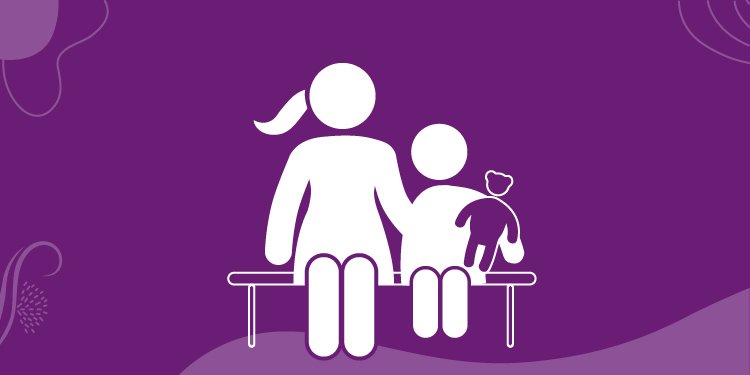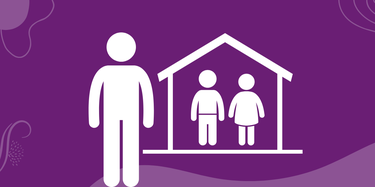HOW TO TALK TO YOUR CHILDREN ABOUT THE DEATH OF A LOVED ONE
It is natural to want to protect your child, but it is best, to be honest and clear about the death of a loved one. Explaining what happened in a calm and open way and will help children to increase their trust in you and to better cope with the loss of their loved one.
- Try to find a safe, private and quiet place to speak to your children. Think through what you are going to say.
- Ask the children to sit with you.
- If it is a young child and they have a favorite object, toy or comforter they like to carry, let them have it.
- Speak slowly and pause often, to give them time to understand, and to give yourself time to manage your own feelings
- Be empathetic and be honest with children of all ages, but make sure to be especially clear with young children and do not include euphemisms. For example, saying something like «we ‘lost’ someone» will further confuse a young child because they won’t understand what that means.
- Saying something like «we ‘lost’ someone» will further confuse a young child because they won’t understand what that means.
- It’s more useful for adults to warmly and tenderly say: «I have some very sad news to share. Your grandparent has died. That means his body stopped working, and we won’t get to see him again. It can be hard for parents to use such direct language, but it’s important to be honest and transparent.
It can be hard for parents to use such direct language, but it’s important to be honest and transparent.
Adapted from UNICEF.



